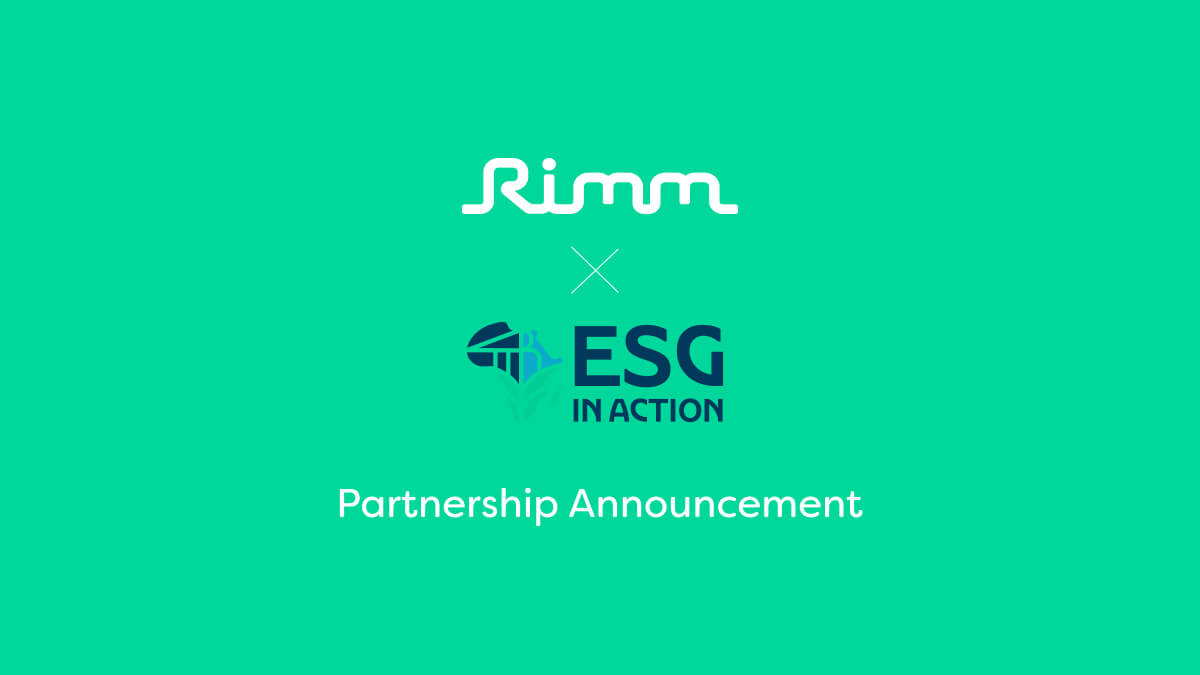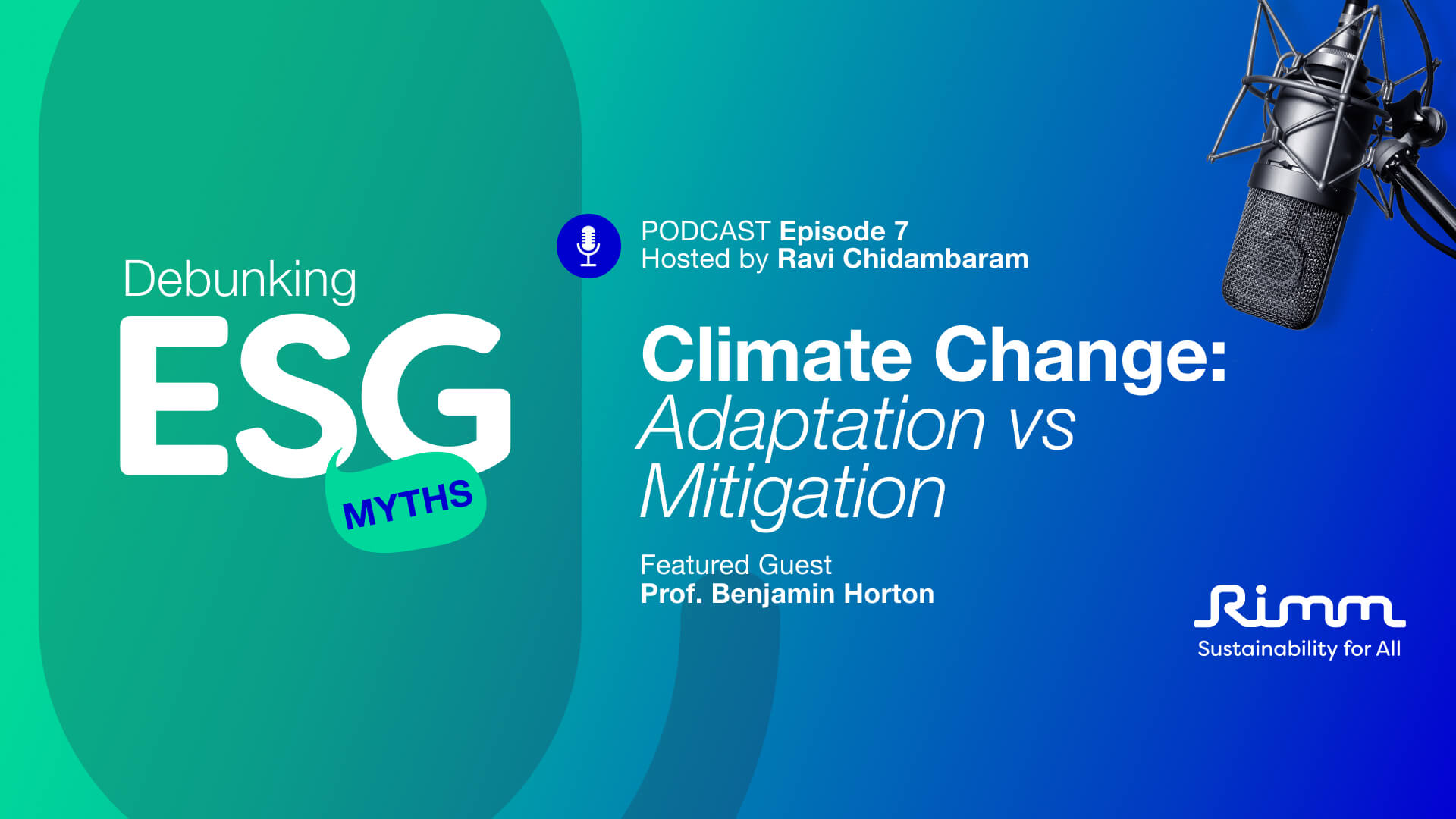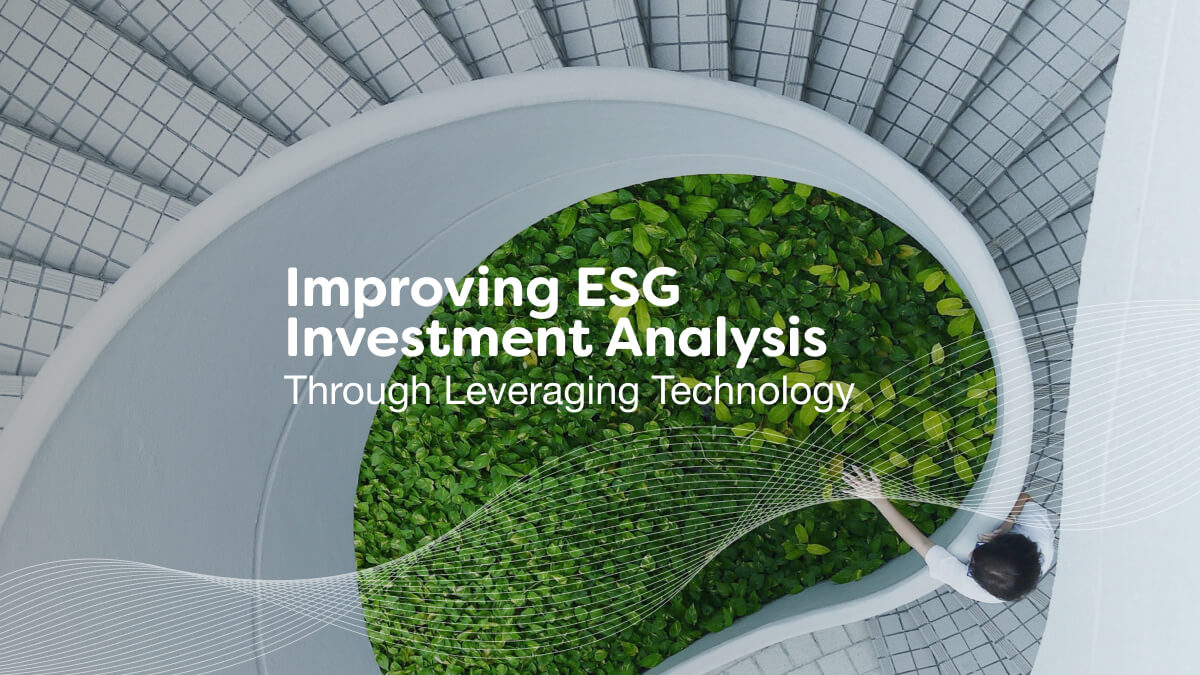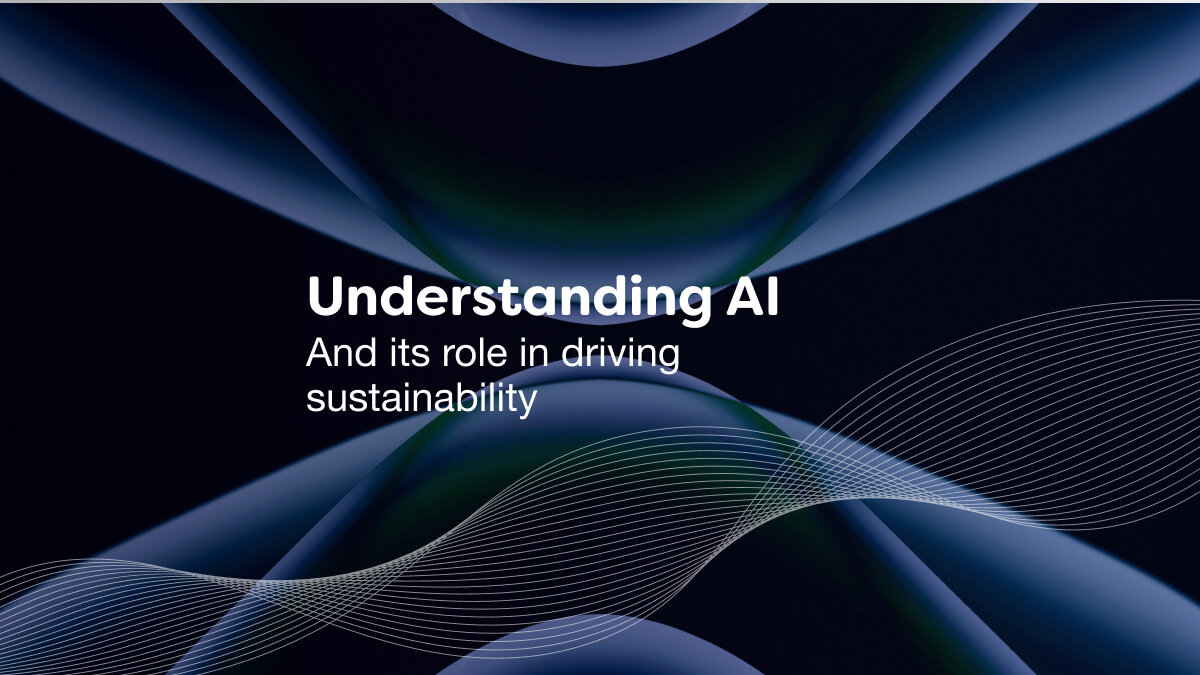AI is revolutionizing ESG data collection, quality checks, analytics and report generation. Here’s how to unlock the power of technology for a sustainable future with Rimm solutions.
As businesses strive towards greater environmental and social responsibility, artificial intelligence (AI) has become crucial for collecting and analyzing ESG data efficiently, says Faddy Ardian, Chief Data Scientist at Rimm Sustainability.
Here we look at how AI is transforming sustainability data practices and gain insights from Faddy on how AI is impacting ESG and sustainability performance reporting.
AI-enabled data collection
Traditionally, gathering, analyzing and verifying environmental, social and governance (ESG) data has been a labor-intensive and time-consuming process, often relying on manual surveys and reports. AI has revolutionized this landscape by automating data collection from sources such as social media feeds, news articles and financial records.
Using natural language processing (NLP) and machine learning algorithms, AI can rapidly analyze vast amounts of unstructured data and extract relevant insights. This efficiency saves time and improves the accuracy and reliability of ESG data.
‘Financial data is easy to gather and extract because it is structured,’ says Faddy. ‘But ESG information is often much less structured, there are fewer exact and consistent standards, so it is harder to extract. But AI can help.
‘It enables organizations to accurately measure and report their sustainability performance, and make informed decisions that promote a sustainable future. As the demand for transparent and responsible business practices grows, embracing AI becomes imperative for companies aiming to have a positive societal and environmental impact.’
Increasing transparency and accountability
Companies face increasing pressure from stakeholders – including investors, customers and regulators – to provide transparent and accurate ESG reporting. AI enables them to streamline data collection, validation, and reporting processes, reducing the risk of errors and inconsistencies.
Through AI-powered platforms, companies can automate their generation of comprehensive ESG reports, ensuring compliance with reporting standards and enhancing transparency. This automation saves time and resources and supports a consistent and reliable sustainability performance assessment.
Enhanced analytics and reporting
AI-powered analytics tools enable companies to delve deep into their ESG data, identifying patterns, trends, and correlations they might otherwise not notice. Machine learning algorithms can identify complex relationships between ESG factors and help businesses understand the impact of their sustainability initiatives. This data-driven approach empowers organizations to make informed decisions, set ambitious targets, and develop effective strategies for addressing ESG challenges.
Faddy says an example is that AI can help you identify risk patterns, such as around greenhouse gas (GHG) emissions, across different levels of your supply chain. This saves a huge amount of time compared to mapping risks without AI.
It can also help you benchmark and verify you are using the right documents to evidence your reporting by checking if it aligns with what peers in your sector and region are using.
‘AI can help confirm your measurements are accurate through outlier checks,’ says Faddy. ‘For example, if you’re an oil company, AI can tell you what your range of GHG emissions measurements should be. If yours is outside that range, it could be an error.’
AI can also help you with materiality. ‘Using natural language processing (NLP), we can help you identify which topics you need to track according to your sector,’ he says. ‘For example, if you’re in the software industry, data privacy is a key material sustainability factor. But if you are in the food industry, health-related issues may be more important.’
And one more thing – AI can help make your reports more presentable and written in good English.
Driving innovation and efficiency
AI’s potential extends beyond data collection, reporting and analysis. By harnessing these technologies, companies can drive innovation and develop sustainable solutions in areas such as, energy consumption, reducing waste, and improving supply chain efficiency.
For example, AI-powered algorithms can identify opportunities for renewable energy integration; enhance resource allocation; and minimize environmental impact.
Faddy says an example of how AI can help companies optimize their energy use is by calculating which floors in a building need electricity automatically turned off and when.
You can also then use AI to interpret the results and find ways to improve, for example, on how to improve your employment policies, by finding best practice case studies and other companies.
How Rimm can help
Artificial intelligence has become a game-changer in sustainability data collection and analytics. At Rimm, we empower companies to address ESG challenges effectively by automating data collection, improving transparency, enhancing analytics and reporting capabilities, and driving innovation.
To learn more about Rimm’s AI-integrated solutions, browse our catalog or book a free demo today!

Dr Faddy Ardian
Chief Data Scientist
Dr Faddy Ardian manages Rimm’s large and proprietary database, ensuring that data is kept up to date for all clients and employees for easy analysis of data. This wide database aims to assist companies in making sustainability decisions by driving understanding through data.
Simplify Your Sustainability Performance & Tracking With myCSO
✅ Calculate your scope 1, 2 and 3 emissions instantly
✅ Gauge your company’s sustainability performance
✅ View your sustainability performance all from one dashboard
✅ Benchmark against industry peers
Enter your information below to book a demo with our team today.







